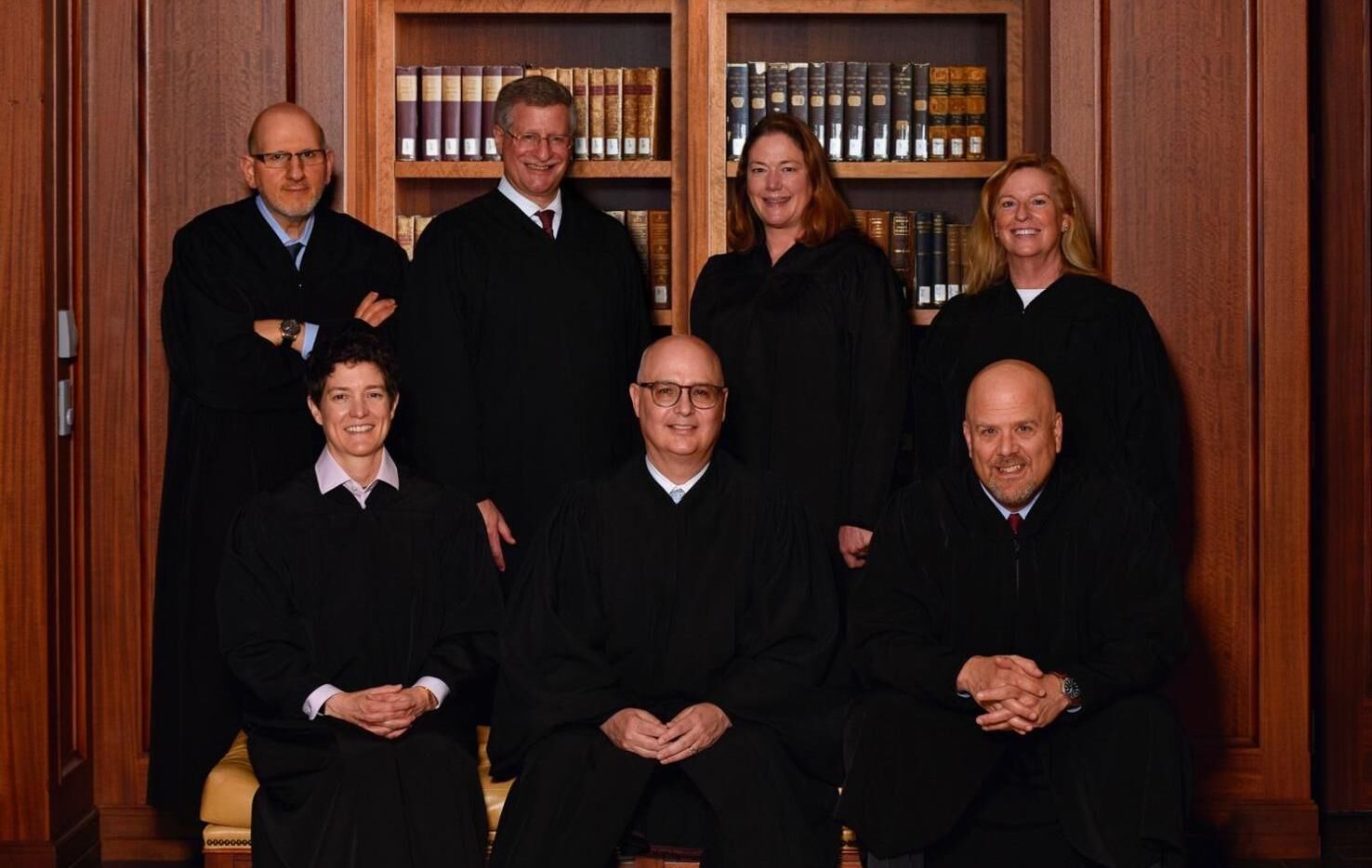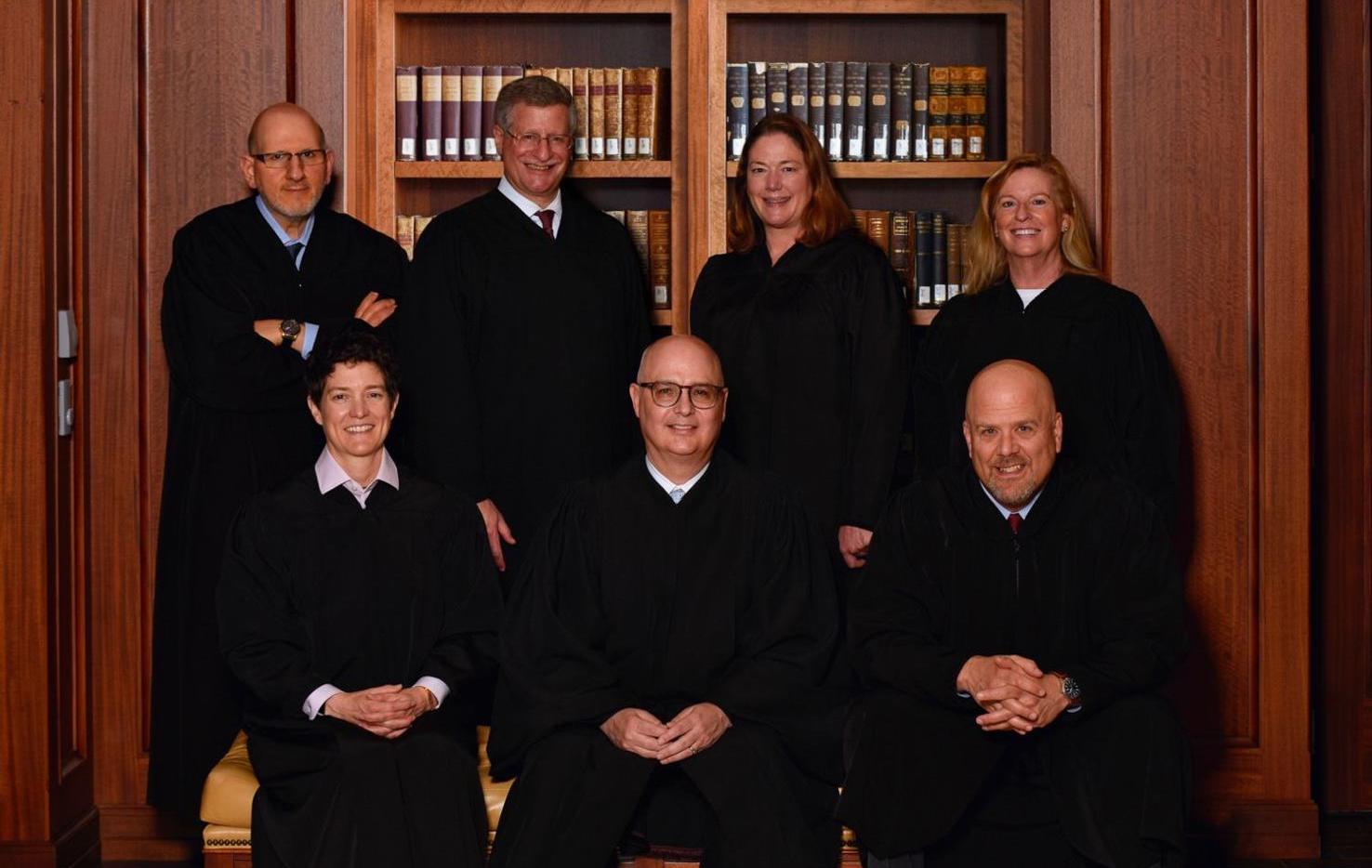State Supreme Court to consider whether paid family, medical leave violates TABOR

The Colorado Supreme Court will decide whether the paid family and medical leave program that voters enacted in the 2020 election violates the state’s Taxpayer Bill of Rights.
The court announced on Monday that it will review a decision from Denver District Court that dismissed a lawsuit over Proposition 118, the Paid Family and Medical Leave Insurance Program. By a margin of 58% to 42%, voters approved a plan to impose payroll premiums, split between employers and employees, that would entitle workers to up to 12 weeks of paid leave.
Beginning on Jan. 1, 2023, payments into the program will begin. But Grand Junction-based Chronos Builders is claiming that the funding arrangement violates TABOR, the 1992 constitutional amendment that requires tax increases to be put to a vote of the electorate, among other restrictions.
“Any income tax law change,” TABOR reads, “shall also require all taxable net income to be taxed at one rate … with no added tax or surcharge.”
Chronos filed suit alleging the payroll premium is, in fact, an added surcharge that will result in income not being taxed at one rate. Under the approved initiative, employers with fewer than 10 workers will not need to pay a premium. Larger employers must pay at least 50% of the premium amount, and local governments may decline to participate.
On Dec. 13, District Court Chief Judge Michael A. Martinez dismissed the lawsuit. He found Proposition 118 was not a change in the income tax law, so TABOR did not apply.
The Supreme Court granted the appeal. Chronos argues Proposition 118 imposed an unconstitutional surcharge to run the family and medical leave program. Advance Colorado, a conservative leadership program, is representing Chronos.
“We’re pleased the Supreme Court has accepted our direct appeal in this case,” said Dan Burrows, legal director of the Advance Colorado Institute. “The court clearly understands that Coloradans need to know whether Proposition 118 is actually constitutional before the state starts taking $1.2 billion a year out of people’s paychecks.”
As approved, Proposition 118 allows for paid leave for people to care for their own health, for a newly-born or adopted child, and for other family members. The benefits received correlate to the employee’s weekly wage, up to a maximum of $1,100 each week. A person who earns $1,000 per week will pay $4.50 themselves and receive a maximum benefit of $9,216 annually beginning in 2024, according to estimates in the 2020 ballot information booklet.
After an employee has worked for 180 days, they gain job protections under the law, meaning employers may not discipline or retaliate against workers for requesting or using paid leave. The ballot initiative followed unsuccessful attempts at establishing the program through the legislature.
The case is Chronos Builders, LLC v. Department of Labor and Employment, Division of Family and Medical Leave Insurance.
This article has been updated to clarify that the Supreme Court chose to hear the appeal after the district court’s dismissal.














